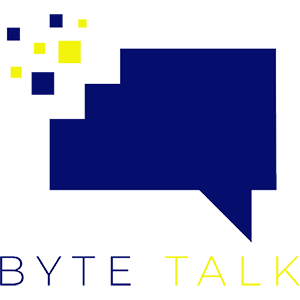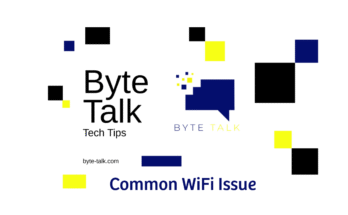AI tools like ChatGPT are everywhere — helping us draft emails, brainstorm content, and even generate code. But just because ChatGPT is powerful doesn’t mean it’s perfect. In fact, using it for the wrong tasks can backfire in a big way.
According to experts, there are 11 specific areas where relying on ChatGPT is a bad idea. In this article, we’ll break down each one, explain the risks, and share smarter ways you can still use AI safely.
1. Medical Advice and Health Diagnoses
ChatGPT can sound confident, but it isn’t a doctor. Using it for medical advice risks misinformation that could harm your health.
✅ Better Alternative: Use ChatGPT to research general wellness topics, then confirm everything with a licensed healthcare provider.
2. Legal Advice or Contracts
Laws vary by state, country, and context. ChatGPT can easily hallucinate rules or misapply legal concepts.
✅ Better Alternative: Use it to draft a basic outline of a contract, but always have a real lawyer review before you sign.
3. Mental Health Support
AI can’t understand human emotions at a deep level. Depending on it for therapy or crisis situations is unsafe.
✅ Better Alternative: Use GPT for journaling prompts or stress-relief exercises. Seek licensed professionals for real support.
4. Writing Resumes and Cover Letters (Without Edits)
ChatGPT can make your resume too generic or even inaccurate. Employers can spot AI-generated applications a mile away.
✅ Better Alternative: Let it draft a structure, then add your unique voice, experience, and personality.
5. Academic Research and Citations
ChatGPT often makes up sources or quotes papers that don’t exist. Submitting that could mean plagiarism or academic penalties.
✅ Better Alternative: Use it for brainstorming research topics. Then rely on real academic databases like Google Scholar or JSTOR.
6. Financial or Investment Advice
Markets are unpredictable, and ChatGPT doesn’t have real-time data. Its “advice” could cost you money.
✅ Better Alternative: Use GPT to learn financial basics, but consult financial advisors for investment strategies.
7. Time-Sensitive Information
Since ChatGPT isn’t always connected to live data, it may give outdated answers about news, laws, or policies.
✅ Better Alternative: Use it to summarize background info, then fact-check with trusted, up-to-date sources.
8. Ethical or Moral Judgments
Asking ChatGPT to decide what’s “right” or “wrong” is risky. It may produce biased or insensitive answers.
✅ Better Alternative: Use GPT to gather perspectives, but rely on your own judgment for final decisions.
9. Precision-Critical Tasks (Like Safety Systems or Production Code)
Even small errors in AI-generated code or instructions can cause massive problems.
✅ Better Alternative: Use GPT for prototypes, not production. Always have experts test and refine.
10. High-Stakes Reputation Content
Publishing AI-written disclaimers, legal notes, or medical guidance could destroy your credibility if wrong.
✅ Better Alternative: Let GPT assist with drafts, but vet anything critical with experts before publishing.
11. Private or Confidential Information
Feeding personal or business data into ChatGPT can create privacy risks.
✅ Better Alternative: Never share sensitive details. Use GPT only for general or non-sensitive tasks.
How to Use ChatGPT Safely
AI is best when treated as an assistant, not an expert. Here are a few safe ways to get value without risking mistakes:
- ✅ Brainstorm blog post ideas
- ✅ Generate YouTube video scripts
- ✅ Outline content structures
- ✅ Rewrite text for clarity
- ✅ Create marketing taglines and captions
Think of ChatGPT as a junior team member — great for ideas, but not ready to handle high-stakes work.
Final Thoughts
ChatGPT is an amazing tool for entrepreneurs, creators, and side hustlers. But to protect your reputation (and your wallet), you need to know its limits.
Avoid using it for health, legal, financial, or high-stakes content. Instead, let it save you time on brainstorming, drafting, and editing tasks.
👉 What about you? Have you ever had ChatGPT give you a completely wrong answer? Share your experience in the comments — your story might help someone else avoid a big mistake.




